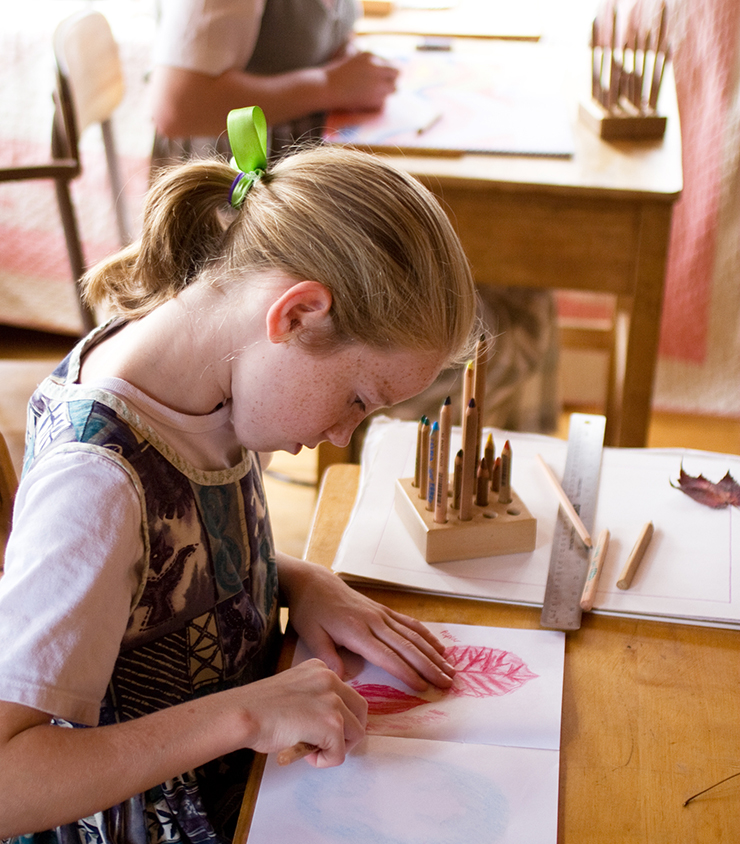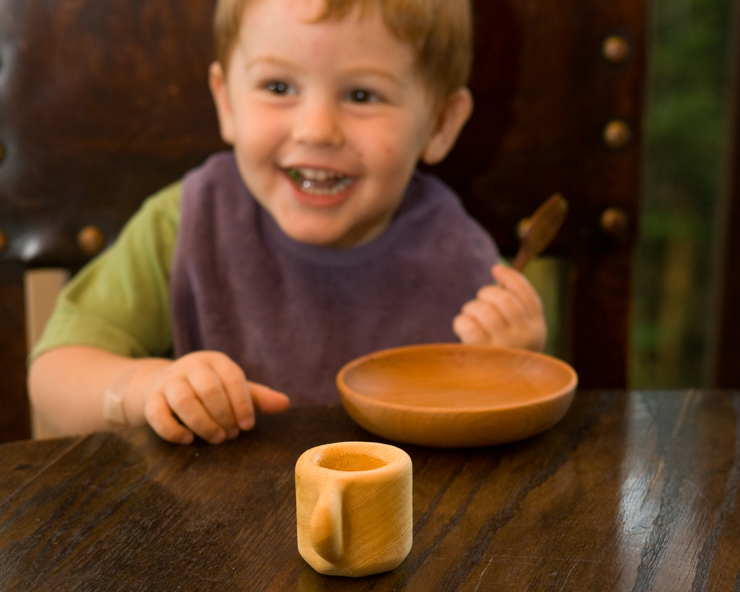Rest, Routine & Relaxation: 3 R’s for Starting School Right
As children begin to get anxious, excited or enthused to start the new school year, you’re likely mulling over how to make this year calmer or more joyful. You might think about the rhythms of the morning routine or your child’s mood when he or she returns home. Maybe you would like homework to get done with fewer hiccups or for bedtime to be a more tranquil end to hectic school days. The thing about starting school again is that it offers a break from the everyday that gives everyone a chance to reevaluate how things are going and tweak, alter or jettison what’s not working while kids and parents are already in a mood to change.
One thing that helps everyone, regardless of age or daytime schedule, is adequate sleep. According to the National Sleep Foundation, school age children need 9-11 hours of sleep and teenagers, who are still growing, benefit from a solid 8-10 hours. This can be difficult with the demands of home work, chores, work schedules and extra curricular activities, but staying aware of how much sleep your child should be getting can help influence your decisions to their definite advantage. Lack of sleep is linked with poor academic performance, more behavioral issues and increased obesity rates. So, one good start to a new school year is a good night’s rest.
Another thing to tend carefully is morning and evening routines. If, because of getting enough sleep, your child is able to get up early enough to have a slower-paced breakfast, they are also more likely to eat better food to start the day. A meal that has to be eaten as they leave to catch the bus or as they’re sitting in the car is just less likely to be as nutritive or satisfying as one they can eat sitting with you at the table. A few minutes spent over breakfast gives family members time to discuss the day ahead and ensure everything made it into backpacks. At the end of the day, the dinner hour can allow a similar chance for connection; you might like to know what homework needs doing or how their classes are going. For younger children, this can lead the way into bedtime and older children can use the calm of dinner to settle their brains before they turn to other evening work—whether school, work or household chores. Parents can use mealtimes to keep the delicate clockwork of the family in good order.
Finally, try to incorporate some unstructured time for your children, either with the family or on their own. School can be very demanding emotionally, as well as mentally, and even a few minutes of leisurely reading or digging in the dirt or watching light play across leaves can refresh adult or child. This type of quiet eases the bumps of whatever else the day might bring.






August 17, 2015 @ 4:17 pm
Thank you for this!! I just love it.